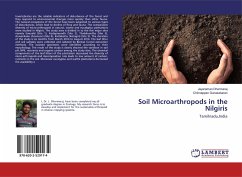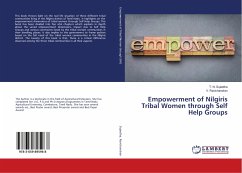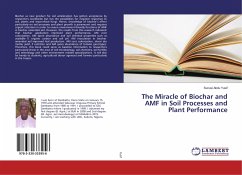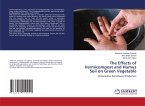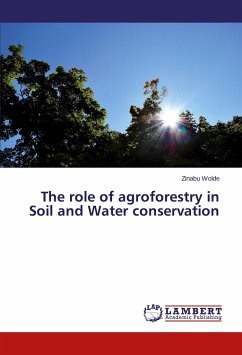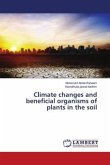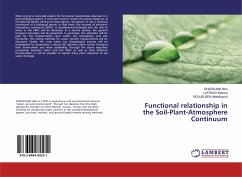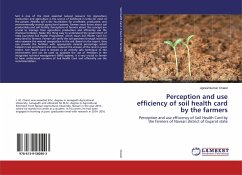Invertebrates are the reliable indicators of disturbance of the forest and they respond to environmental changes more quickly than other fauna. The natural ecosystems of the forest have been subjected to various types of disturbances, which lead to decline of flora and fauna. The comparative diversity of micro-arthropods in natural, wattle and eucalyptus plantations were studied in Nilgiris. The study area is divided in to the five major sites namely Emerald (Site 1), Kodapmundh (Site 2), Thalaikundha (Site 3), Aravankadu (Coonoor) (Site 4), Kattabettu (Kotagiri) (Site 5). The duration of the study is six months from March 2014 to August 2014. The leaf litter and soil samples were collected and isolated by Berlese funnel extraction methods. The isolated specimens were identified according to their morphology. The result of the study is clearly showed the variation in soil pH, NPK, nutrients and organic carbon among the study sites. The chemical components of the leaf litters of the plantation decreased the diversity of micro-arthropods and decomposition rate leads to low amount of carbon, nutrients in the soil. Moreover eucalyptus and wattle plantations decreased the availability o
Bitte wählen Sie Ihr Anliegen aus.
Rechnungen
Retourenschein anfordern
Bestellstatus
Storno

